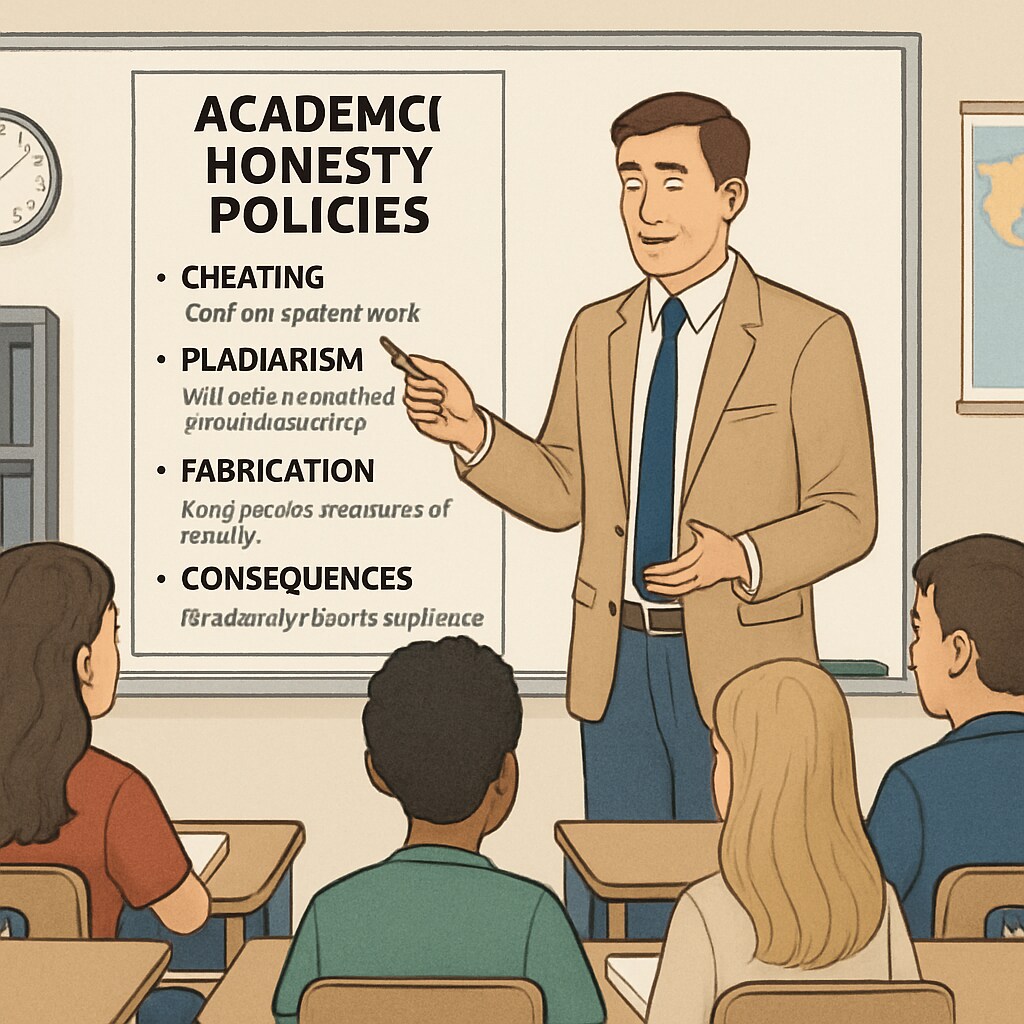In the realm of K-12 education, misplaced plagiarism allegations by professors can carry significant consequences for students. These accusations, often stemming from misinterpretation or lack of evidence, can undermine students’ motivation to learn and negatively impact their mental health. Addressing such issues requires an exploration of the causes behind these errors, their implications for students, and the importance of establishing fair and transparent academic integrity mechanisms.

The Root Causes of Misplaced Plagiarism Allegations
Plagiarism allegations typically arise from a professor’s belief that a student’s work is not original. However, in some cases, these accusations may be based on faulty assumptions or inadequate investigation. For example, educators might misinterpret a student’s use of cited sources or fail to recognize cultural differences in approaching academic work. Additionally, reliance on plagiarism detection software, while helpful, can produce false positives, leading to inaccurate claims of dishonesty.
These errors are often exacerbated by the lack of clear training for educators on identifying and addressing plagiarism. According to Wikipedia, plagiarism detection tools are not infallible and require human judgment for proper interpretation. Without such training, professors may inadvertently penalize students for behavior that is not genuinely dishonest, such as unintentional paraphrasing or incorrect citation formatting.
The Impact on Students’ Mental Health and Learning Motivation
Being wrongly accused of plagiarism can be a traumatic experience for students. Such accusations can lead to feelings of shame, anxiety, and a loss of trust in the educational system. These emotional responses can have long-term effects, including reduced academic engagement and a reluctance to participate in future assignments.

Furthermore, misplaced allegations can erode a student’s confidence in their intellectual abilities. Research published by Britannica highlights that intrinsic motivation—the desire to learn for learning’s sake—is closely tied to a sense of fairness and support within the educational environment. When students feel unfairly targeted, their enthusiasm for academic growth diminishes, which can ultimately affect their overall performance.
Building Fair and Transparent Academic Integrity Systems
To prevent the harm caused by misplaced plagiarism allegations, educational institutions must prioritize the development of systems that promote fairness and transparency. This includes providing educators with comprehensive training on plagiarism detection and the importance of understanding cultural and contextual factors in academic work.
An effective system should also emphasize due process. When allegations arise, students should be given the opportunity to explain their work and present evidence of their efforts. Implementing clear guidelines for investigating plagiarism cases and utilizing multiple methods to verify claims can significantly reduce errors.
- Educators should be trained to differentiate between intentional plagiarism and honest mistakes.
- Institutions should adopt less punitive approaches, focusing on educating students about proper citation practices.
- Transparent communication between professors and students can foster mutual trust and understanding.
Ultimately, fostering a culture of academic integrity requires collaboration between students, educators, and administrators. By emphasizing the importance of fairness and offering constructive feedback, schools can ensure that students feel supported rather than vilified.
Readability guidance: This article prioritizes accessible language, short paragraphs, and active voice to maintain clarity. Lists have been used to summarize key points, and transitions such as “however,” “as a result,” and “for example” ensure smooth progression between ideas.


